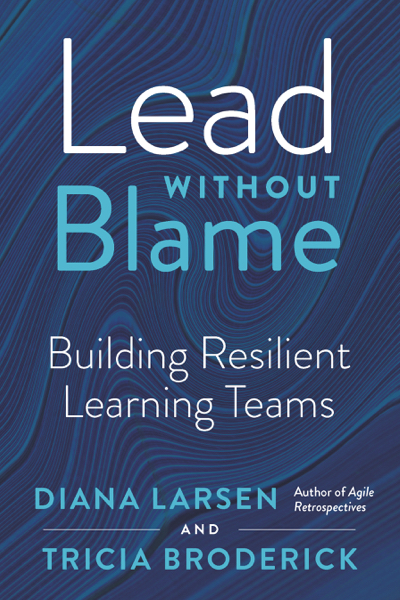This is not a political post. I repeat: This is not a political post. Yet, this political season gave me plenty of challenges and I had to admit…that despite my training, despite my training for others, I found myself not practicing what I teach often in political conversations.
I was no longer seeking to understand. I was not trying to gather all perspectives to find the common ground in order to move forward. Ok, honestly. I didn’t WANT to listen to your reasons.
Why am I (for the most part) able to coach and lead in the workplace and yet not personally in these situations? I tried rationalizing how emotionally driven I am regarding many of the political topics. Yet, I’m emotionally driven at work too. I tried rationalizing that there are topics that should not be negotiated about. Yet, those hold true at work too. I tried rationalizing thought after thought but it was all crap.
If I work with you, my focus is bringing out the very best in you. I want you to grow. I want you to achieve whatever goals you set. I have a bias that you are intelligent, hard-working, driven because that’s the type of person I want to collaborate with. The truth is when I read a comment on Facebook or a new article comment, I am not giving that person the same benefit of the doubt. Instead, I’m immediately appalled. I’m definitely not curious. My instinct is to react…punch back. Yet, that’s not practicing what I teach. If someone then looked at my reaction, would they trust me to not react to them that way?
Just having this thought has provided me restraint but more importantly that it’s a choice on how I engage no matter the situation or location. I know, pretty obvious. Yet, so very difficult at times! However, I have watched at work relationships degrade from giving into the initial reactions. If my goal is to create a world (not just a workplace) where people thrive, then I have to always remain curious. I have to practice what I teach always (ok, I am human after all…so let’s go with majority of the time!) while continuing to advocate and be an ally (I’ll probably be a better advocate and ally as a result…go figure!)
Some of the first steps I’ve taken: I’m choosing to message privately instead of public posts responses. The results are about 50/50 that we engage in a conversation, the other half…well, not so productive. I’ll take this progress. I’m choosing to share personal stories/examples/fears. That meme might be really funny but it doesn’t connect with someone that doesn’t see it as funny. If they care about me, my stories are harder to dismiss. I’m taking responsibility. That doesn’t mean I have to agree or disagree, but I can own my impact and what I choose to do going forward (donating, getting involved, etc).
When do you find it difficult to practice what you teach?





Here’s some of what I’ve been *trying* to do:
1. I’ve cut myself a little slack: The stakes are higher in politics. Rarely is a work event life-threatening.
2. Being an ally is great. But sometimes we allies need to find an ally.
3. Keeping the above two thoughts in mind seems to help me avoid getting “hooked” when someone “triggers” me (using Pema Chodron’s terminology). A pause, a deep breath, and a reassessment of the interaction: “Am I really under physical threat? Do I need to strike or run? Or can I practice active listening, and compassion for this jerk?” 😉